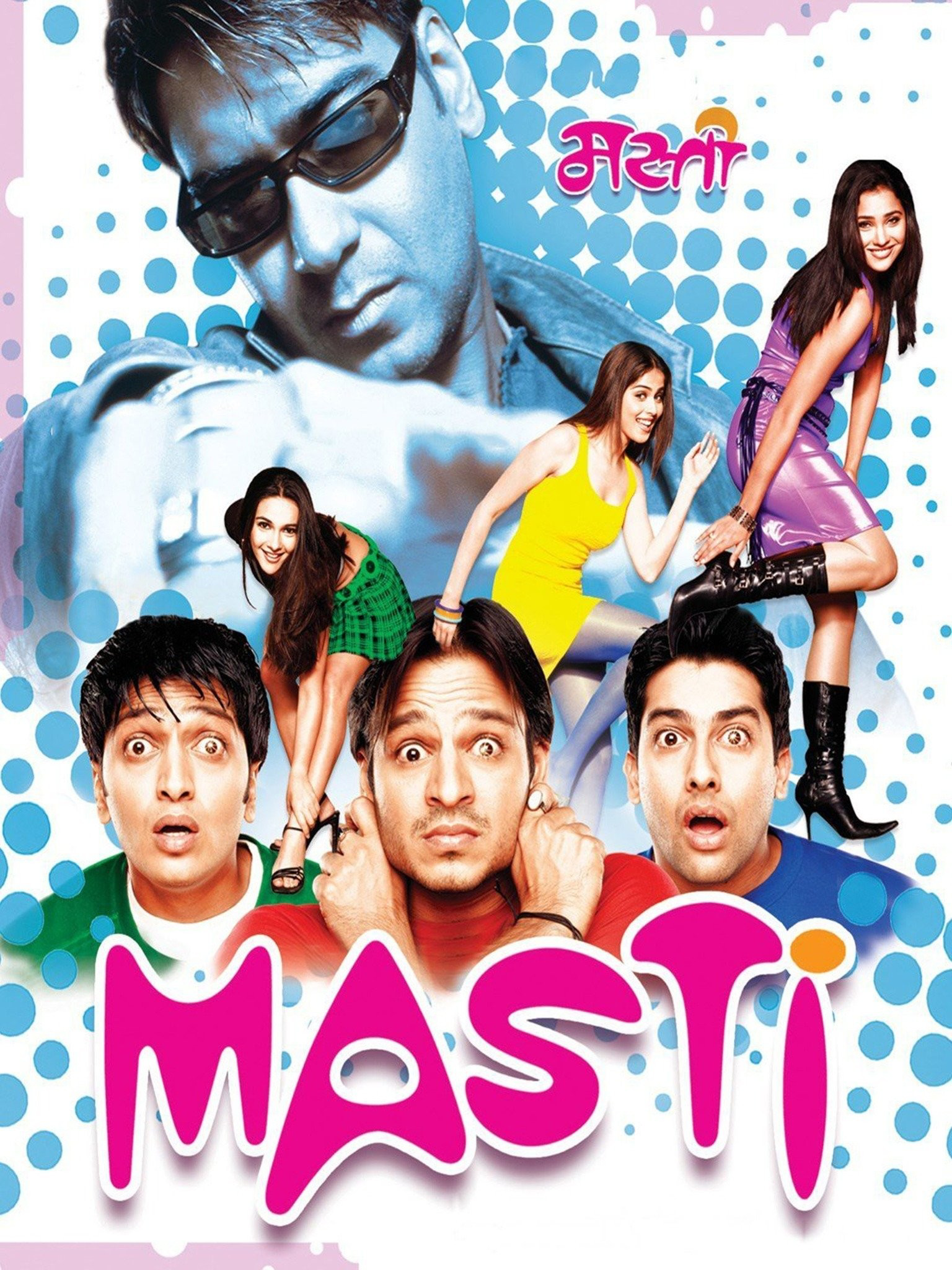
By Pranjali Wakde
‘Time aaya hai’ but ‘daur nahi aayega’ – Sanjay Gupta’s Mumbai Saga is filled with the power of politics and criminal clichés.
The underworld of any big city is an intriguing topic for Bollywood, not only for the audience but even for the directors also. These movies are packed with sympathetic backstories, blood-curdling fights and gasp-inducing twists. Director Sanjay Gupta is no stranger to this much-used trope and has, in fact, given amazing movies with this theme. The next one he adds to the list now – after Shootout at Lokhandwala and Shootout at Wadala – is Mumbai Saga, complete with a strong star-cast, meaningful dialogues and the charm of old Bombay, before it became Mumbai.
Set in a span of mid-80s to mid-90s – which is made explicitly clear by the dull yellow overtones – we are told the story of bhajiwala-turned-bhai Amartya Rao (John Abraham), who is concerned only about one person, i.e. his brother, Arjun. However, when his brother gets attacked by Gaitonde’s (Amol Gupte) goons because he’s too arrogant for his own good, Amartya decides to take the matter into his own hands. With Bhau’s (Mahesh Manjrekar) blessings and his chaddi-buddies by his side, Amartya begins his journey into the heart of Bombay’s underworld.
Ironically, his life takes a happy turn after that; he marries his sweetheart, Seema (Kajal Aggarwal); is successfully able to shield Arjun (Prateik Babbar) from his dangerous world and goes on killing everything and everyone who opposes him and Bhau. But when he kills a budding industrialist (Samir Soni), his wife (Anjana Sukhani) offers a substantial reward to anyone – in the police department, might I add – who’d put a bullet through Amartya’s head. With no further prompt, Encounter Specialist Vijay Savarkar (Emraan Hashmi) takes up the case – thus intertwining the cop’s and the gangster’s lives.
When the phrase ‘based on true events’ is added at the start of any movie, it becomes 10x more appealing to the audience. That’s exactly what happens with Mumbai Saga – you settle in to experience the kal – the other kal – of the country’s commercial capital. But then, you realize that the movie is about nothing but dramatic dialogues, fights and too many narratives. Savarkar is introduced on the screen too late, Khaitan mills problem should have gotten much more limelight and don’t even get me started on Honey Singh’s unnecessary song. Just because the movie is about gangsters, it doesn’t mean that there should be an item song in a club where something important is about to happen.
The problems stem from the laying out of the first and second half. In introducing the main man and characters and setting the plot, the first half feels perfect but comparatively, stretched out. It leaves less scope for the second half to flourish properly and rushes through the end. You are left wondering how they will give justice to the predictably soon-happening last fight – and there are only 15-20 minutes left. The twist at the end, therefore, was also hasty and didn’t really make sense since there was no buildup on Baba’s (Rohit Roy) part.
John Abraham gives a mixed performance as Amartya – he’s perfect as the bhai, but he’s lacking at the more emotional scenes. Emraan Hashmi might have entered late in the movie, but he’s charming in his police vardi, spewing out snappy one-liners and repeating how he’s not afraid to kill anyone. Prateik Babbar delivers his character with finesse, and the same can be said for Rohit Roy. Shaad Randhawa, Vivaan Parashar and Sameer Soni are adequate in whatever screen time they get. Gulshan Grover as Nari Khan and Suniel Shetty as Sada Anna are impressive. The three female characters in this almost-all-men movie had the littlest screen time – and all of them look thoroughly unconvincing.
But then, who really steals the show? That’s Bhau and Gaitonde, played by Mahesh Manjrekar and Amole Gupte respectively. Loosely based on Balasaheb Thackeray, Bhau comes across as a naturally shrewd and scheming politician/kingmaker, thanks to Manjrekar’s flawless acting. Maybe two other actors dropping out from playing Bhau was, in fact, a boon! Equally impressive is Amole Gupte as Gaitonde, who is also shrewd and cunning, with a liking for dark humour, which surprisingly adds more gravitas to his character.
Admittedly, the screenplay is engaging, with all the guns and rifles popping the bullets in people’s brains and chests and legs. However, these fight scenes have a larger-than-life presence, which sort of covers up any scope of other elements shining through. It is only through a handful of scenes that we are told about what’s happening behind the gory scenes. We can’t really blame the movie though, since that’s exactly what the ‘gangster film’ trope entails. The movie, however, actually had a scope to add something more to the trope. Sadly, it just decided to walk that cliché line again… and made it all the more cliché.
And if that’s not something you would enjoy, maybe it’s better if you skip Mumbai Saga.
Rating – 2.5/5


Good review 👍
Thanks for review. I am definitely skipping.
Good article, loved it 👍👍